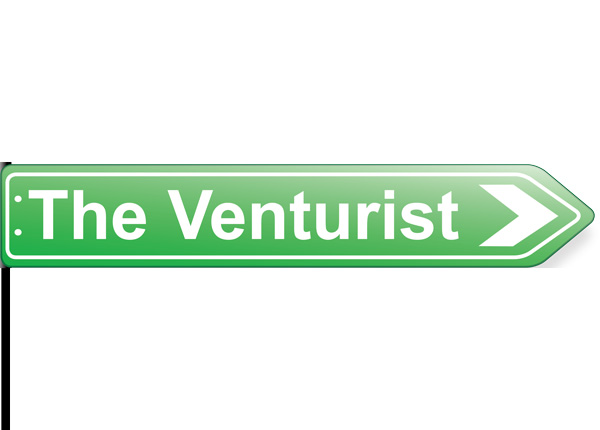
Marketing toolkit for Start-ups

14 December 2016
By Rikus Grobler
I am currently on the topic of marketing for start-up businesses. In the previous delivery, I specifically looked at Guerrilla Marketing as a strategy. In this delivery I want to lay down some of the necessities for a start-up marketing “toolkit”, and share an example of a start-up that got it right with their marketing efforts.
Start-up Marketing
The first thing to take note of is that Start-up Marketing is different to traditional marketing. Why?
At a high level a start-up is different from a small business because it’s trying an unproven product, service, or business model. Start-ups are also usually running with no or very little outside investment. Start-ups don’t have the budget to go head-to-head with the big “players” and win through advertising spend. Start-ups are often run by solopreneurs or small teams of 2 or 3 and have limited time to spend on marketing.
Because of this, you have to be lean (build, measure, and learn); you have to be smarter with your money and resources; and you have to be agile with your speed and capitalisation of opportunities.
So, concerning start-up marketing essentials, here is my list of “have-to-have” resources. I am not propagating that the list is perfect or exhaustive, but in my view these are the essentials.
-
Get a logo – and then place it everywhere possible. Logos are one of the most valuable visual assets of any business, and they can easily evolve as you grow. Invest in one early on.
-
Get found online with an eye-catching website. A website plays an important role in helping bridge the gap between customer needs and how your product or service meets those needs. Even if you have a brick and mortar business, an online storefront is still valuable in the era of digital marketing.
-
Build relationships with your customers using email marketing. E-mail marketing is the ideal tool for those just getting started that want to develop and grow their business. Email marketing does not equate to spamming your possible customers with hundreds and hundreds of emails. Email marketing has become a “science” in its own right, and there are ways of exploiting this resource without estranging your customers.
-
Network, network, network. Networking plays a huge role in the success of any start-up, especially in those early months when no one knows you’re in business yet. And while getting found online is important, it doesn’t replace the need to make direct connections, especially in Namibia with her relatively small business community. Consider attending industry-specific trade shows, starting your own meet-up club, and going to other events where potential customers may roam. Share the passion you feel for your business with your customers, and they’ll reward you with their loyalty and help spread the word.
For an example of a success story of start-up marketing, a great case in point (courtesy of nextshark.com) is Pinterest – A content sharing service that allows members to “pin” images, videos and other objects to their pin board.
Three months after Pinterest launched in March of 2010 they only had 3,000 users. So how has Pinterest grown to account for more referral traffic than Twitter, LinkedIn, and Google+ combined?
They did things that don’t scale. Pinterest focused on its small group of passionate users and incentivised influencers to spread their product. They started holding meetups for these users, where they could get feedback and help get the word out. Their grass-roots marketing strategy worked as they became the fastest standalone site to hit 10 million users.
What makes this story so compelling is that it is a web-based business, but they used “traditional” methods to delight their most passionate customers to spread the word and create invaluable word of mouth that every marketer dreams of.
Next Time
This is the final delivery for 2016. If you are fortunate enough to go on holiday, enjoy the time with your loved ones and please drive safely on our roads. I conclude with a big thank you to those in service, hospitality and emergency services who are most likely working over these holidays, enabling the rest of us to take time off and relax.
About
Rikus has an MBA and also holds degrees in Engineering and Law. He is a certified Project Management Institute (PMI) Project Management Professional (PMP) and he is currently pursuing a PhD in the field of innovation. His passion is innovation and entrepreneurship. You can e-mail him at [email protected].











































